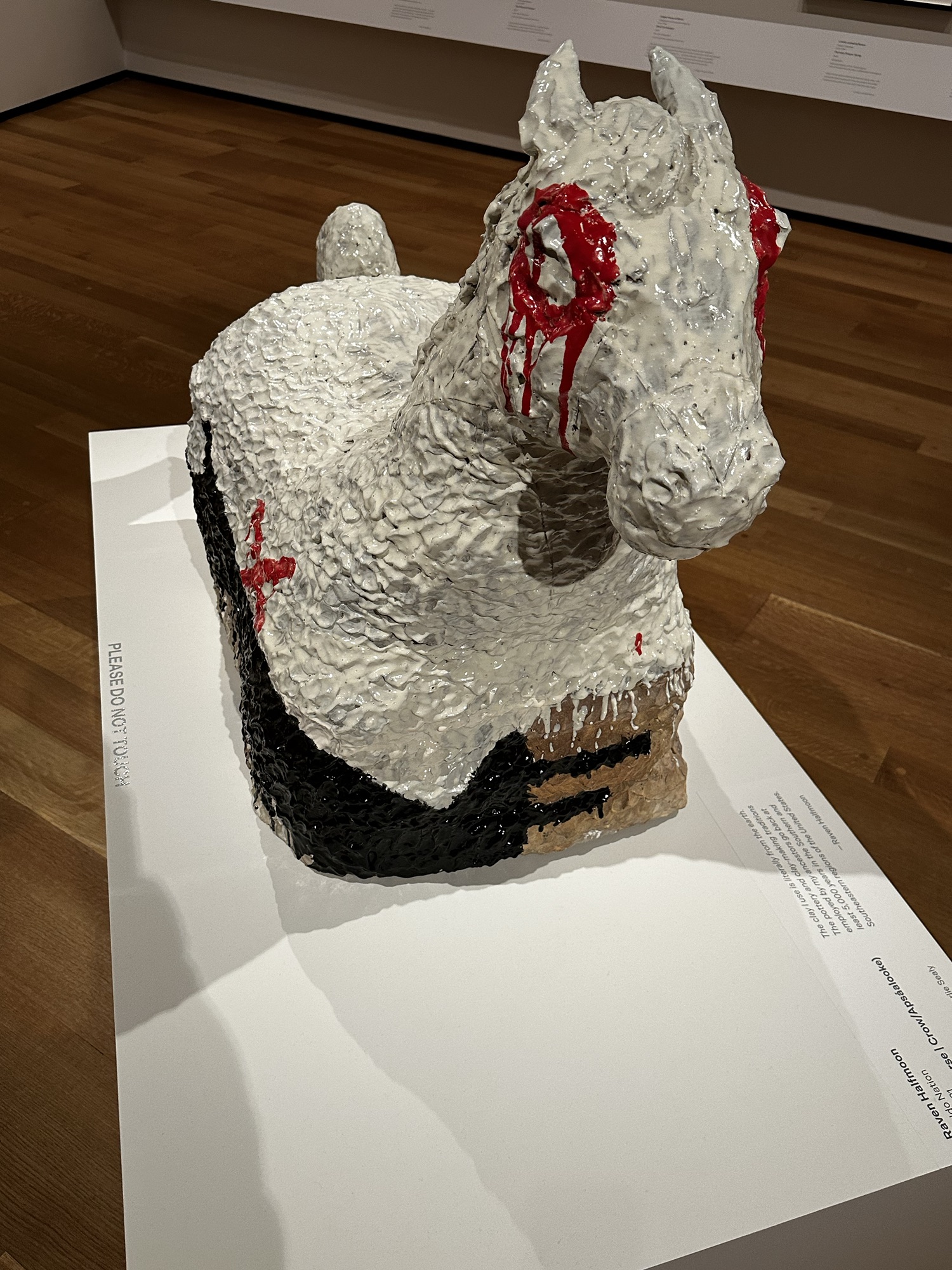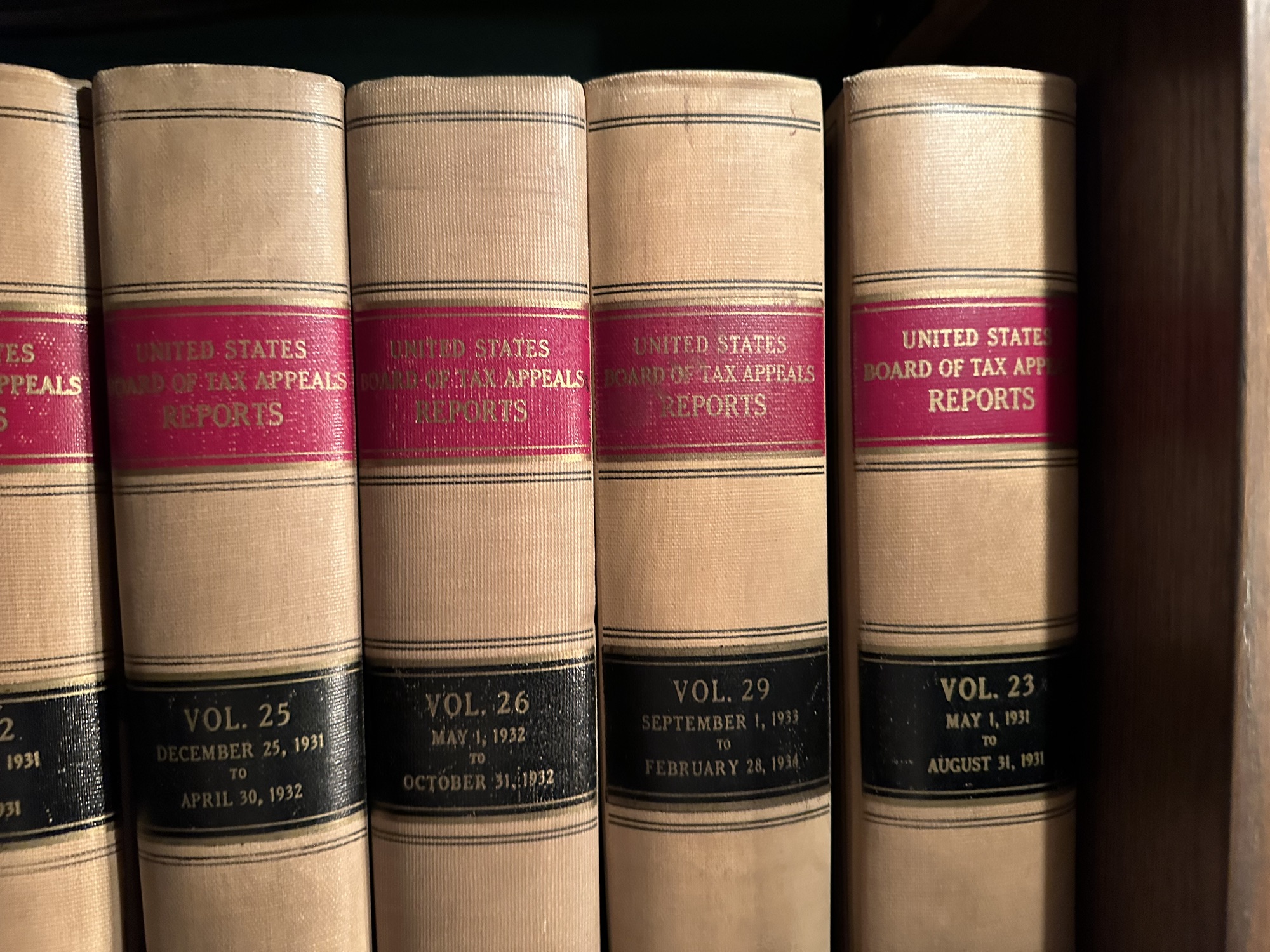Decision
It is true that Indian reservations are “physically within the territory of the United States.” United States v. Wheeler, 435 U.S. 313, 322 (1978) (emphasis added). The PKPA’s definition of “State,” however, includes “a territory . . . of the United States,” 28 U.S.C. § 1738A(b)(8) (emphasis added), which is most naturally understood to mean a political entity that is not a state but is still “[a] part of the United States . . . with a separate legislature (such as Guam and the U.S. Virgin Islands).” Territory, Black’s Law Dictionary (11th ed. 2019); see, e.g., 48 U.S.C. § 1541(a) (“The Virgin Islands . . . are declared an unincorporated territory of the United States of America.”). And the Supreme Court has made clear that within our constitutional order, such “territories” are distinct from Indian tribes.
***
Our conclusion that the PKPA does not apply to Indian tribes is further supported by the fact that when Congress intends for tribes to be subject to statutory full-faith-and-credit requirements, it expressly says so.
***
For the reasons explained above, we conclude that the PKPA does not apply to Indian tribes. As a result, the Cheyenne River Sioux Tribal Court is not obligated under that statute to enforce the North Dakota court orders awarding custody of C.S.N. to Nygaard. The district court properly granted summary judgment to the Tribal Court.









You must be logged in to post a comment.